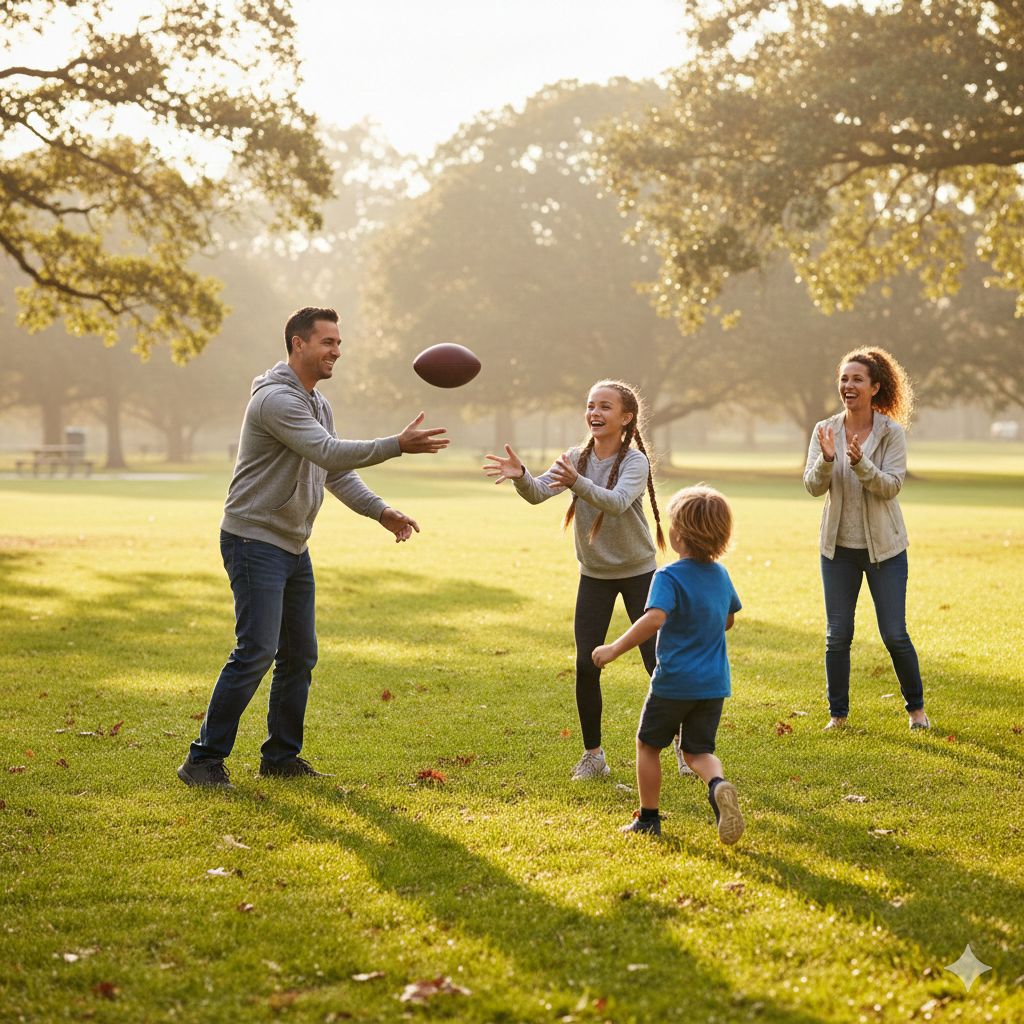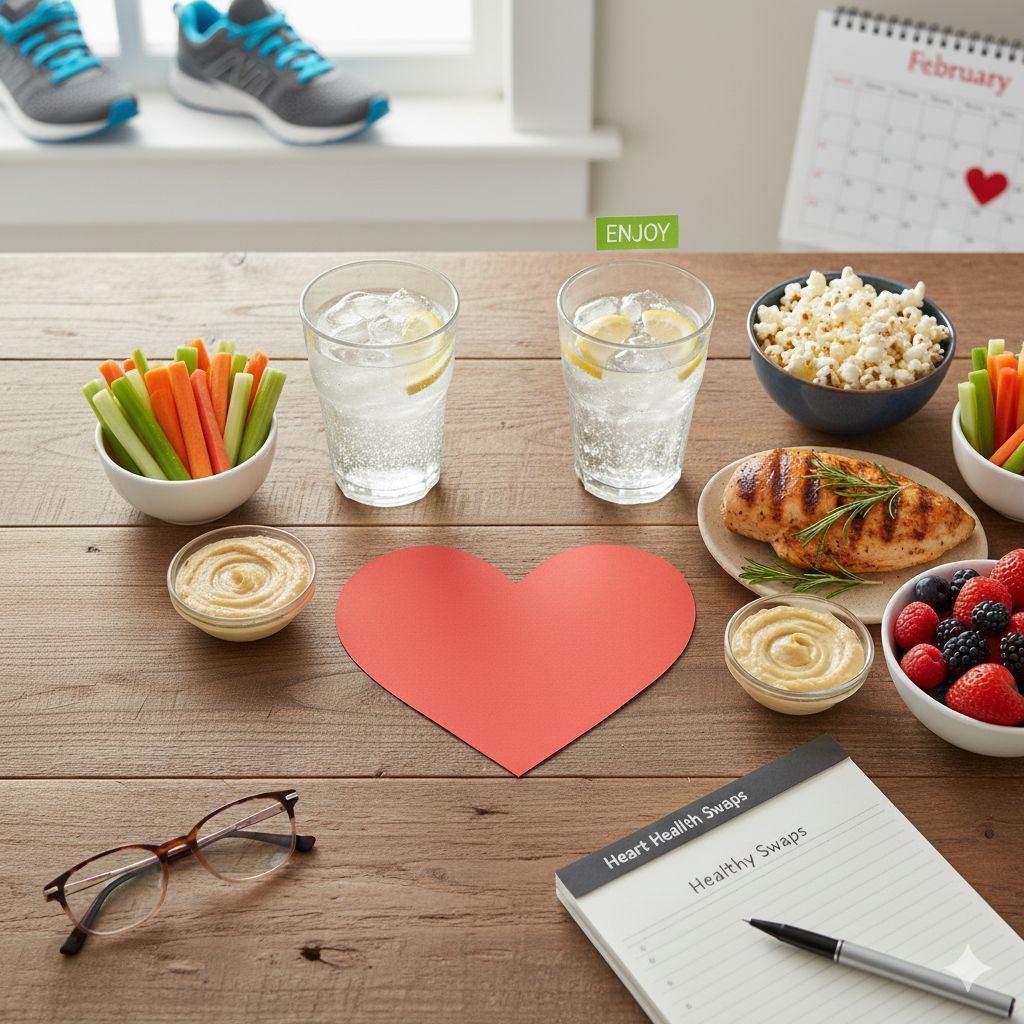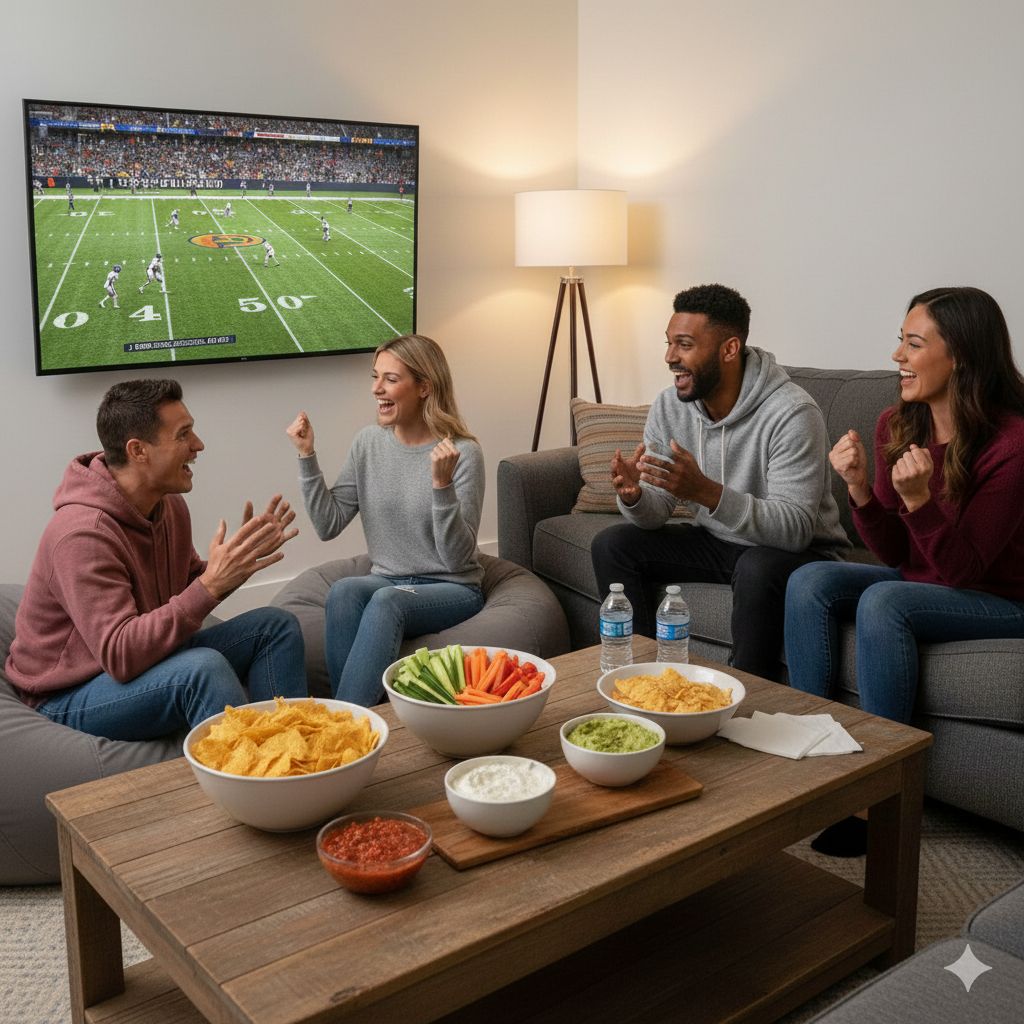Do you ever eat when you are not hungry? There are several possible triggers that can lead to eating when your body is not actually hungry. Following are some of the causes of stress eating and other eating for reasons other than hunger, as well as ways to stop it so you can get out of the rut.
Common Triggers for Eating
Why do many people, possibly even yourself, eat when you are not truly hungry? Some people stress-eat or emotional-eat, or turn to food as a way to deal with stress or other triggers such as anxiety, fear, doubt, confusion, or loneliness. If you sometimes reach for a doughnut or cuddle up with a bowl of mac and cheese when your feelings start to take over, you know what stress eating is.
Boredom can be a trigger. So can food availability. Most Americans fall prey to food triggers at some time or another, so you are certainly not alone if you do, too. These are some common triggers.

Boredom
If work is over, the errands are complete, and the house is clean, maybe digging through the pint of ice cream to see how many chocolate peanut butter cups there are can be quite entertaining.

Stress
A trigger might be a bad day at work, a fight with a loved one, or disappointment in yourself if you missed a workout. It is true that the bucket of fried chicken will not demand a tight deadline, talk back to you, or ask you to go to the gym!

Loneliness
Do you ever find yourself eating comfort food in the evening, after dinner, when you are home alone? It is possible that you are feeling lonely, and using food as a friend.

Confusion
Uncertainty or confusion about a situation or what to do about it can be a trigger for eating. Maybe reaching for a slice of pizza is a clear decision that allows for a moment or two away from the confusion of real life. Too bad that pizza will not help you think through your confusion!

Lack of control
Eating may be a coping mechanism because it makes people feel in control. It is important to remember that this perception of "control" lasts for a few minutes at best, and a better way to be in control is to avoid eating.

Screen time
Watching television and playing offline and online games, scrolling through social media, and surfing the internet on phones, tablets, and computer screens are all linked to increased caloric intake. Screen time is a common trigger for eating as people sit down with usually-unhealthy snacks, such as chips, cookies, or frozen pizza bites.

Lack of sleep
A single night of too-little sleep can throw off hormones, leading to more hunger and cravings, and less satisfaction. Chronic sleep deprivation can make these effects, well, chronic.

Food
Last but not least, food triggers eating. The chances of eating foods that are not the healthiest increase when there is cake and ice cream at a birthday party, cookies and chips on the kitchen counter, candy at the reception' desk, pizza in the lunchroom, and a tuna melt with fries and a soda at a restaurant.
Why Should You Care about Eating when You Are Not Hungry?
Who cares how hungry you are when you eat? You should! Eating when you are not hungry can have many consequences that undermine your healthy lifestyle intentions. For example, it can:
- Increase blood sugar. No surprises here, since comfort foods tend to be sugary and starchy.
- Cause weight gain. Those high-calorie comfort foods can tip your calorie balance so it is positive - that is, you take in too many calories. That makes even more sense when you think about the fact that you may be eating when your body does not need calories.
- Increase cardiac risk. Unhealthy foods plus weight gain can raise blood pressure, cholesterol, and triglycerides, while you may already be at risk if you have prediabetes.
- Reduce nutritional quality. Starchy, fatty, sugary processed foods may replace the whole foods that contain healthy fats, fiber, protein, and vitamins and minerals.
Eating because of triggers can also make you feel guilty or bad, which does not help you lose weight or continue to make healthy choices.
In addition, you should know that stress and emotional eating do not even work! They may numb your feelings for a few minutes, but it is likely that the feelings that you were trying to out-eat come back even stronger.
Ways to Prevent Triggers from Triggering
What can you do when the pizza jumps from the fridge to your hand or your car drives itself to the local drive-through? Sometimes, it seems as though there is nothing to do but eat, but in reality, there are many other choices.

Set a timer
Delaying eating for 5 to 10 minutes could allow the eating impulse to pass. In that time, you might "cool off" and think more rationally about your feelings, or you may become involved in another activity or no longer feel the urge to eat.

Chug some water
Telling yourself you can eat after you drink a couple of glasses of ice water is another way to delay. If you still want to eat after you finish those two glasses of water, you can at least slow yourself by interspersing eating with drinking more ice water.

Exercise
Intense exercise can help you sweat your feelings away, but a Why does exercise help? It is not just an activity that offers an alternative to stress eating and removes you from the situation. Exercising also improves your mood and relieves stress better than eating does. Furthermore, exercising can make you feel proud and empowered so you are less likely to stress-eat next time.

Phone a friend
Phoning a friend helps delay the eating, and while you are delaying, you can talk things out to help you think more rationally. Plus, a friend can appreciate you, even if you do not appreciate yourself in the moment.

Try a little spice
Cinnamon can reduce sugar cravings without adding sugar, carbs, or calories to your day. A hot cup of hot water or decaf tea with a cinnamon stick in it takes a while to savor and can satisfy sweet cravings.

Compromise
Instead of eating ice cream from the carton, serving yourself a small portion in a bowl, sitting at the table, and savoring it can disrupt your semi-automatic stress eating so you can keep it within reason. Or, if you feel the need to order at the drive-through, changing your mind to order a kiddie fries instead of a large order can save hundreds of calories.

Name your reason
Completing the sentence, "I want to eat now because…" can give you valuable information. If the sentence ends with anything besides, "I'm hungry," chances are that eating will not solve the problem. Getting into the habit of asking why you are eating can, over time, help you eat less often when not hungry.

Log your food
Writing down what you eat can increase awareness of what that stress-eating episode actually included. Seeing, "six chocolate chip cookies and a pint of ice cream," can make you wonder if those few mind-numbing moments of sugary indulgence were worth the calories. Plus, next time you are in front of the cookies and ice cream, you may try to limit it to one or two cookies if you know that you will be logging them.
Triggers for eating can be everywhere, but they do not have to lead to overeating. Being aware of what your own triggers are and how they affect you, and preparing and practicing some smart strategies, can help prevent triggers from being so powerful. Lark DPP can help by reminding you about your good intentions and giving you a place to log your meals and feelings to help manage them.











.webp)








